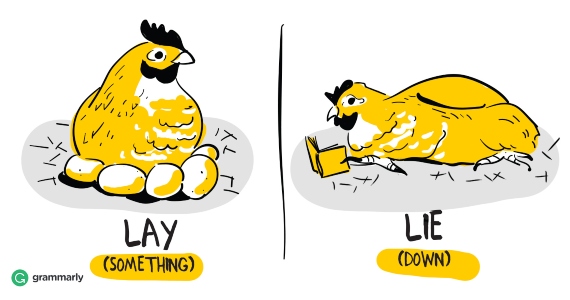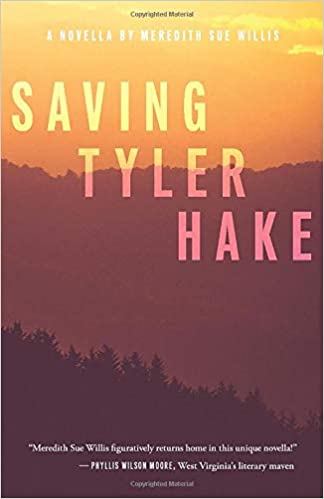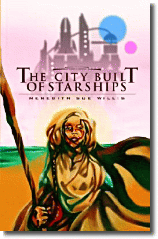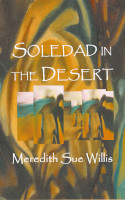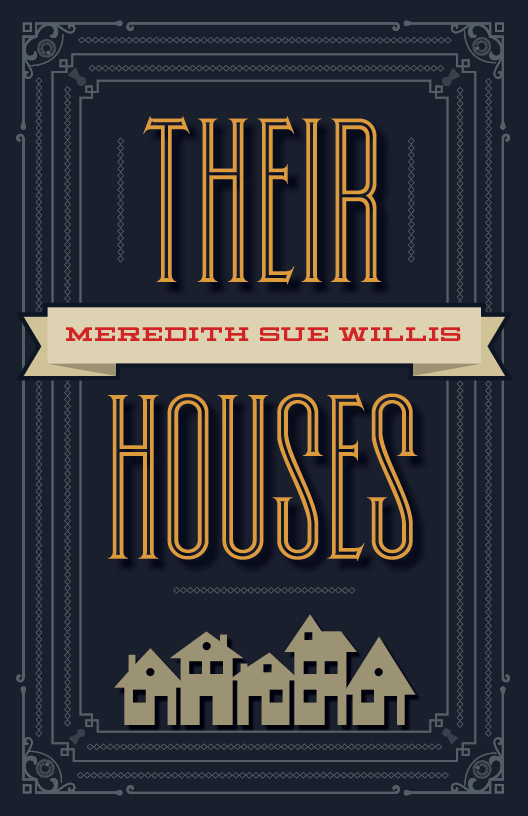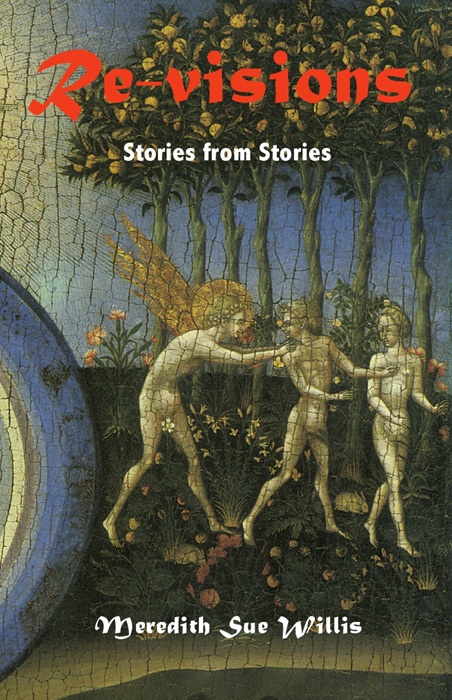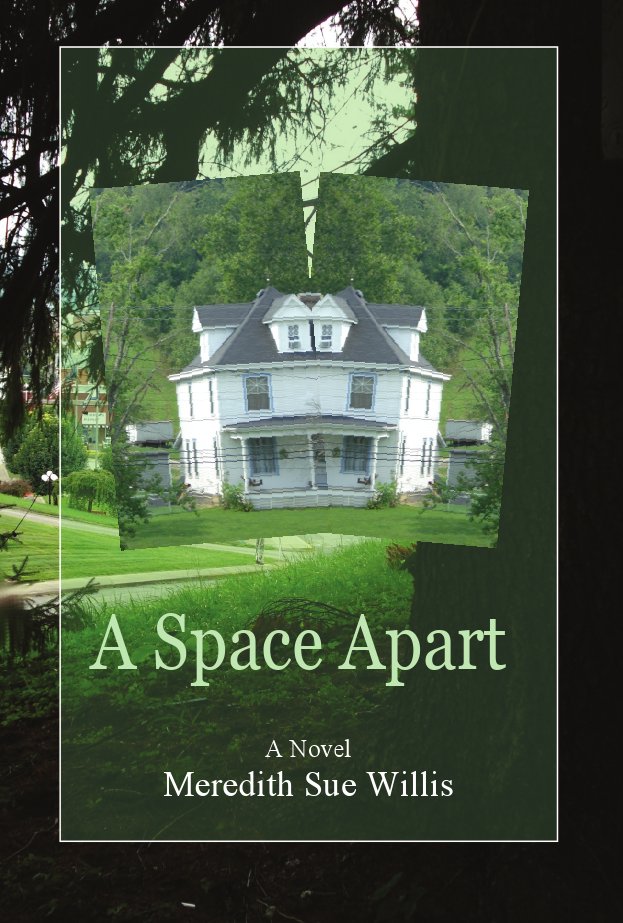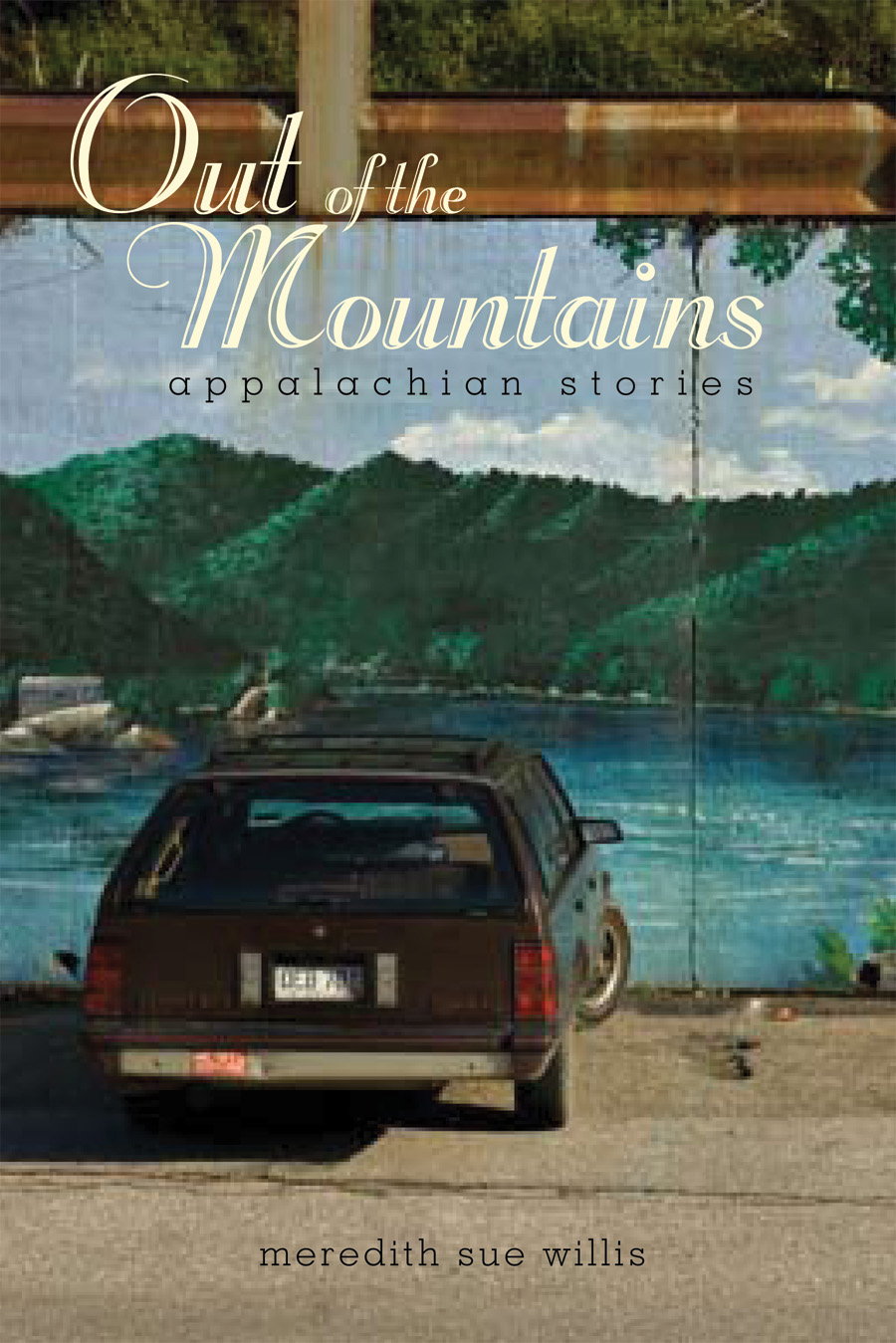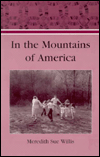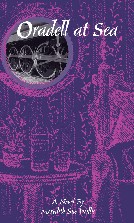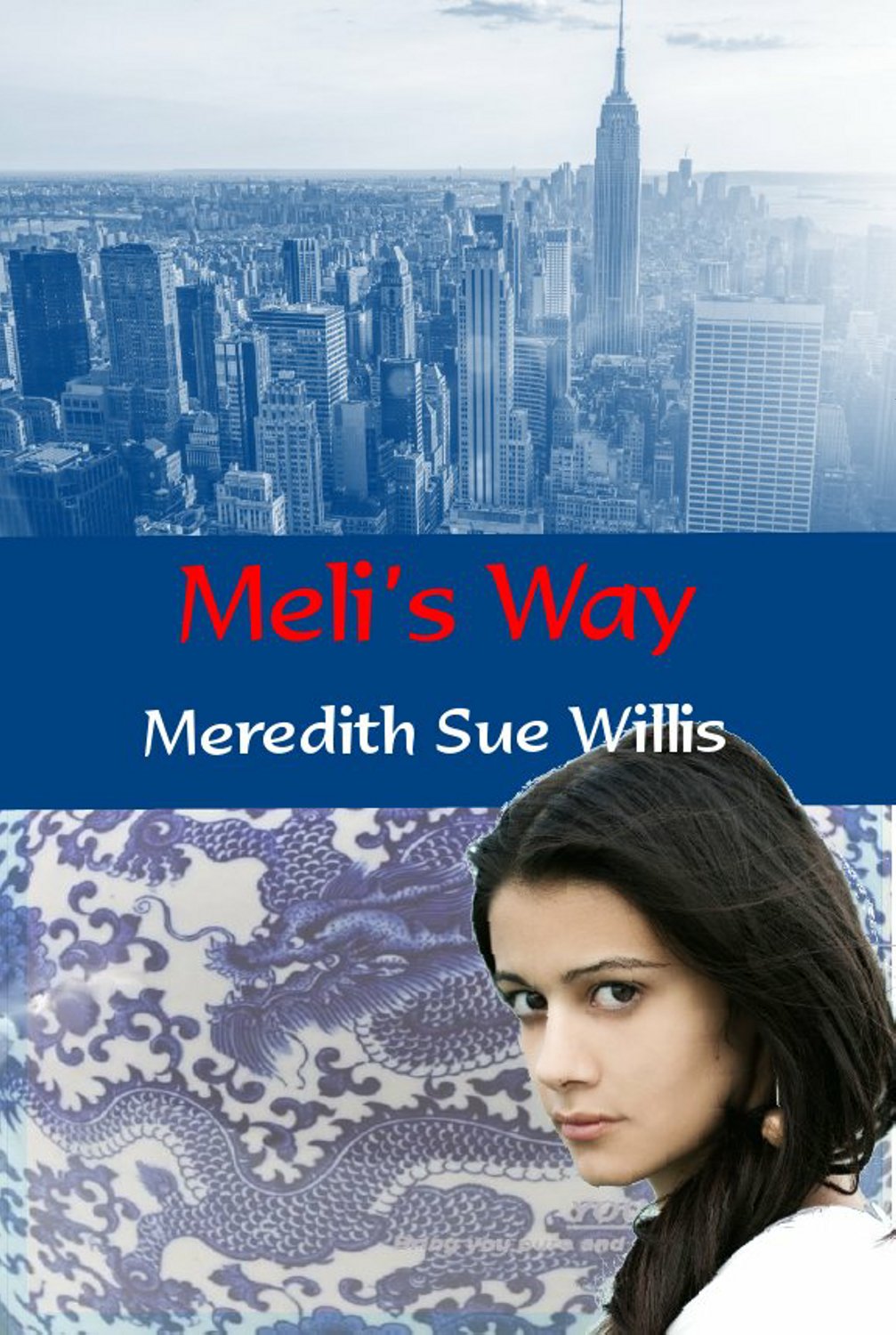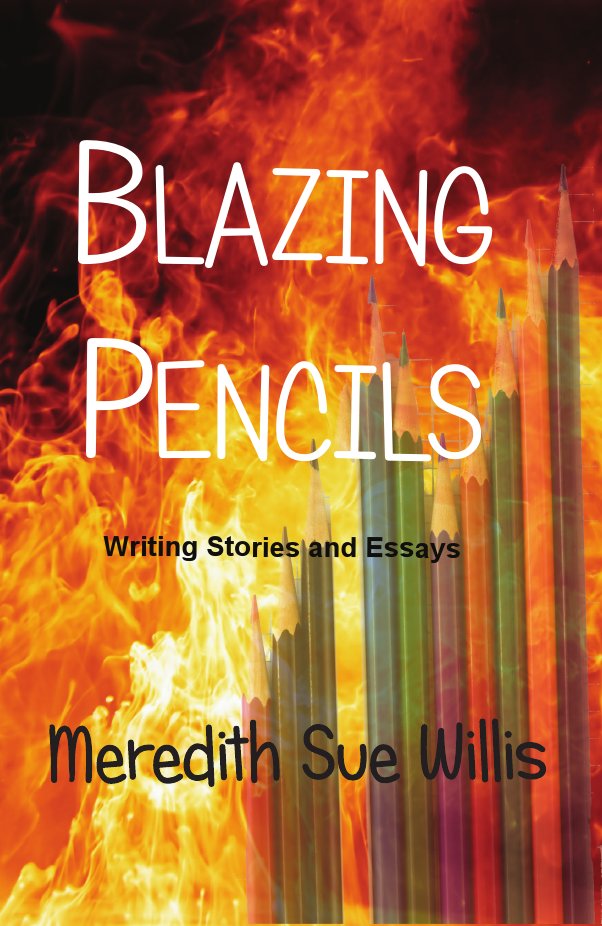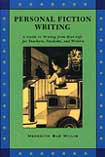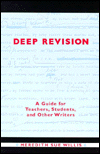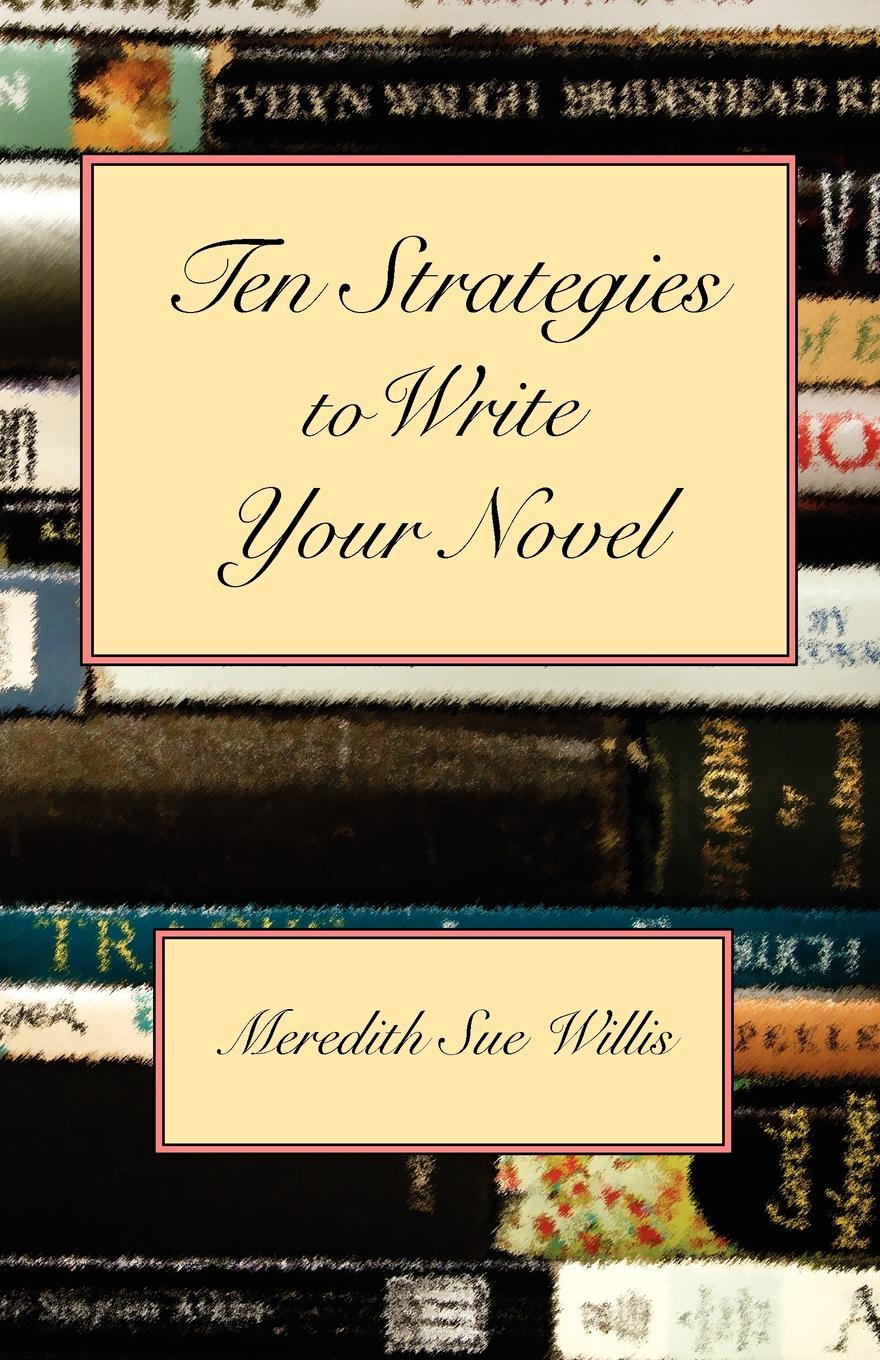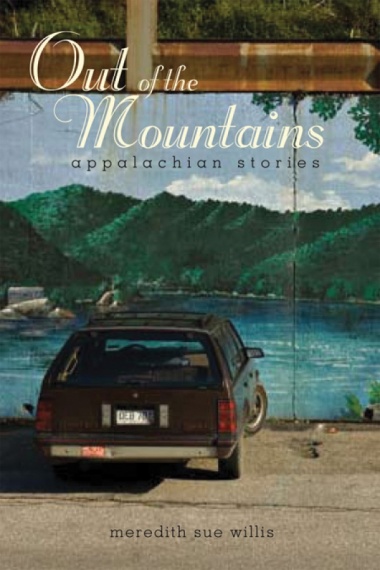Commentary on MSW Books Samples of MSW's Writing Online News about Meredith Sue Willis
Appearances, Publications, and Projects Online Classs with MSW Services MSW Provides
Biography of MSW Resources for Writers Writing Exercises Journal of Practical Writing
NYU Novel Writing Spring 2025
Meredith Sue Willis's Books Newsletter for Readers and Writers
Lots of Links: MSW and More Contact
Today is
Meredith Sue Willis
Notes on Grammar and Word Study
This page has things that interest me or answer my questions. For genral answers, try these excellent sites: Grammarist or Grammar Girl.
Contents
"Comprised of"
The em-dash
Different than/from
"More honored in the breach"
More Links
"Nonplussed"
Past Habitual
That Clausest
Using the "Past Habitual" Tense in Prose Narrative
This is the unspecified past of "she always used to" and "every Sunday in summer we would." In fiction and other story telling, this is a natural drafting technique which often works best in finished stories when it leads to a very specific example of the habitual scene. "Every Sunday after church we would gather for a cold dinner. At least, we did until the fateful Sunday just before the war when Darryl stood up and announced..."
Em-dash Punctuation and More
Merriam Webster says: "The em dash (—) can function like a comma, a colon, or parenthesis. Like commas and parentheses, em dashes set off extra information, such as examples, explanatory or descriptive phrases, or supplemental facts. Like a colon, an em dash introduces a clause that explains or expands upon something that precedes it."
Spacing around an em dash varies. Most newspapers insert a space before and after the dash, and many popular magazines do the same, but most books and journals omit spacing, closing whatever comes before and after the em dash right up next to it. This website prefers the latter, its style requiring the closely held em dash in running text.
https://www.merriam-webster.com/grammar/em-dash-en-dash-how-to-use
"More honored in the breach..."
The New York Times corrects us on "more honored in the breach:" "The passage more honored in the breach than the observance, from “Hamlet,” refers to a custom that is more honorablyignored than followed — not one that is more often ignored."
Word Study: Comprised of...
...is a phrase that has always made me vaguely uneasy, to the point of drafting with it, but usually cutting it during editing. I finally took the radical step of looking up the phrase and found a medium-long article on the Merriam-Webster usage page that essentially says it is considered standard, but hated and argued against by many, including a Wikipedian who has excised around 10,000 instances on Wikipedia and written a long article explaining why. Wow.
Word Study: Different than, different from
Two articles that explain it all about how "different than" is different from "different from:" Shorter, from Dictionary.com and longer, but says the same thing from Grammar.com.
Word Study: Nonplussed
I went through a period of looking up a lot of words, especially for their etymology. I loved Indo-European roots, and discoveries like the fact that the words "black" in English and "blanco" in Spanish go way back to the same Indo-European word for lightning or maybe blaze: brilliant white light that leaves things charred black.
I was less interested in usage, which brings up judgements about right and wrong and when change is good and when it is only inevitable.
Recently I was going over a manuscript for a colleague, and came across a passage in which the narrator is on a walking pilgrimage and bares her feet to protect a developing blister with moleskin: "The other pilgrims were nonplussed," she writes. "One nodded sympathetically and one asked to borrow my scissors." These sentences completely nonplussed me. They didn't seem to match. If the other pilgrims were so shocked by her bare feet, why were they calmly asking to borrow the scissors?
Looking up words in the Internet age is far quicker than it used to be, although it has lost some of the comforting ritual that came with dragging down Eric Partridge's Origins or pulling out the magnifying glass for the compact OED. Within seconds, I had Googled "nonplussed," and the first definition was just what I expected, suggesting that my colleague was misusing the word: "surprised and confused so much that they are unsure how to react."
But wait! There was a second definition, labeled as a "North American" usage. Since my colleague is Canadian, I thought maybe that was going to be the explanation, a Canadian usage. The second definition was "not disconcerted, unperturbed"– pretty much the opposite of how I understood the word. I looked a little further and found a usage note saying that while in standard use "nonplussed" means "surprised and confused," a new use has developed in recent years, meaning "unperturbed." The new use may have arisen from an assumption that "non" is the normal negative prefix and must therefore have a negative meaning. The second "nonplussed" is not (yet) considered part of standard English.
Is this word is in the process of slipping over to its opposite meaning the way many people use "drone?" "Drone" seems well on its way from leaving its meaning of "non worker male bee" to something more like "drudge," possibly because of the boring sameness of the sound denoted by another version of "drone."
In the end, the writer decided to go with "unperturbed" just to make sure her narrative wasn't misread.
"That" Clauses
"That" clauses: I always think of "that" as formal and probably unnecessary, but there are definitely times when it is needed for clarity: The mayor announced June 1 the fund would be exhausted. Is the mayor making the announcement on June 1 or will the fund be exhausted on June 1?
In a lot of fiction writing, you can cut it--it's how people speak. It's never incorrect to use it, but sometimes it comes across as wordy. Here's a page online that discusses it nicely: https://web.ku.edu/~edit/that.html.
Mini-lesson on Lie versus Lay
– Today I lie in my bed; yesterday, I lay in my bed. In the past, I have lain in bed till noon.
– As we speak, I lay the paintbrush on the table. I laid it there yesterday too, and, in fact, I have laid it there many times.
– As we speak, I lay it down, and then the paintbrush just lies there.. But when I laid it down yesterday, it rolled off the table and lay on the floor.
Confused? Paintbrushes "lie" on the table or floor, but you "lay" the paintbrush down on the table. Then of course, it just "lies" there.
The really confusing part is the past tenses: "I laid the brush down beside the paints, and it just lay there." One verb has an object; one doesn't. Many, many people do this in a grammatically incorrect way.
For those of you who hate grammar and don't really care, take heart: there is an excellent chance that in another ten or twenty years, usage will have changed.
One current dictionary ( Random House Unabridged Second Edition) explains, "...forms of LAY are commonly heard in senses normally associated with LIE. In edited written English, [however,] such uses of LAY are rare and are usually considered nonstandard."
MSW's Book Page--Reviews, How to Purchase, etc.
Buy via Bookshop.org--the online bookstore that splits proceeds with brick-and-mortar stores!
Novels and Short Stories for Adults
Books for Teens and Children
Books about Writing
E-book Versions of MSW books
(To buy any of these books as e-books, click on the image. They are also available at the
Kindle Store and at the Nook Store as well as the iBook store and other e-book stores.)
MORE LINKS
Articles for Writers
Biography of MSW
Blog
Books by MSW
MSW Classes Online
Adult & kid workshops
Book Reviews by MSW
Center for Writing Studies (grammar & more)
Contact MSW
E-Books by MSW
Fiction Online by MSW
Grammar-Word Study
Grammarist
Grammar GirlInformation about MSW
A Journal of Practical Writing
Kids Page
Literature to Read
and Study (online)Links for Writers and Readers
Manuscript Consultations
Newsletter on
Books and WritingNews
Nonfiction by MSW
Obituaries and More
Online Classes
Order Books
Order Books Online
Point-of-View Characters Who Are Not Your Gender
Publicity
Practical Writing Journal
Resumé
Resources for Writers
Samples of MSW Writng
Structuring a Murder Mystery NovelTeens Page
Tips for Writers
Upcoming MSW events
Videos & Audios of MSW
What's On This Site?
Who is MSW?
Workshops with MSW
Writing Exercises
WSM Technical Services
Writing Tips
Appalachian YA Literature

Taxicab Willis-Weinberger Extraoredinary Budgerigar
March 2006-March 30,2020
Irene Weinberger Books.... an imprint of
Hamilton Stone Editions
Check us out!
E-mail List and Free subscription to Books for Readers and Writers
Images and photos found on the various pages of this web site may be used by anyone, but please attribute the source when it is specified.
Meredith Sue Willis Author and Teacher is licensed under aCreative Commons Attribution 4.0 International License.
